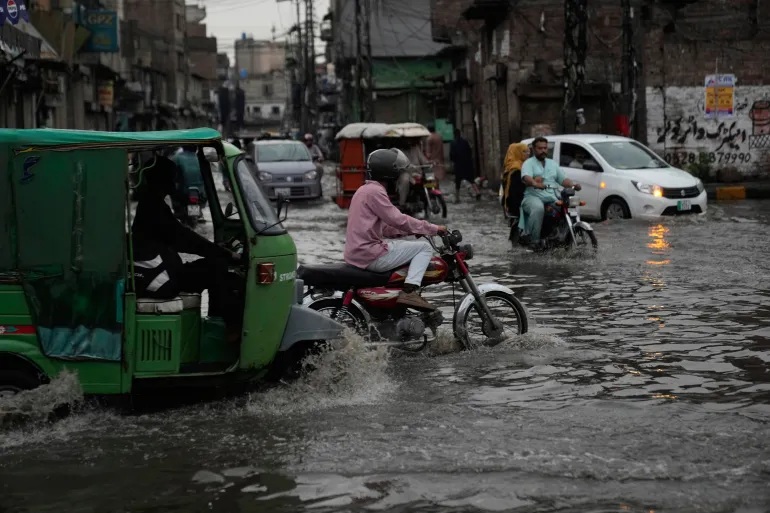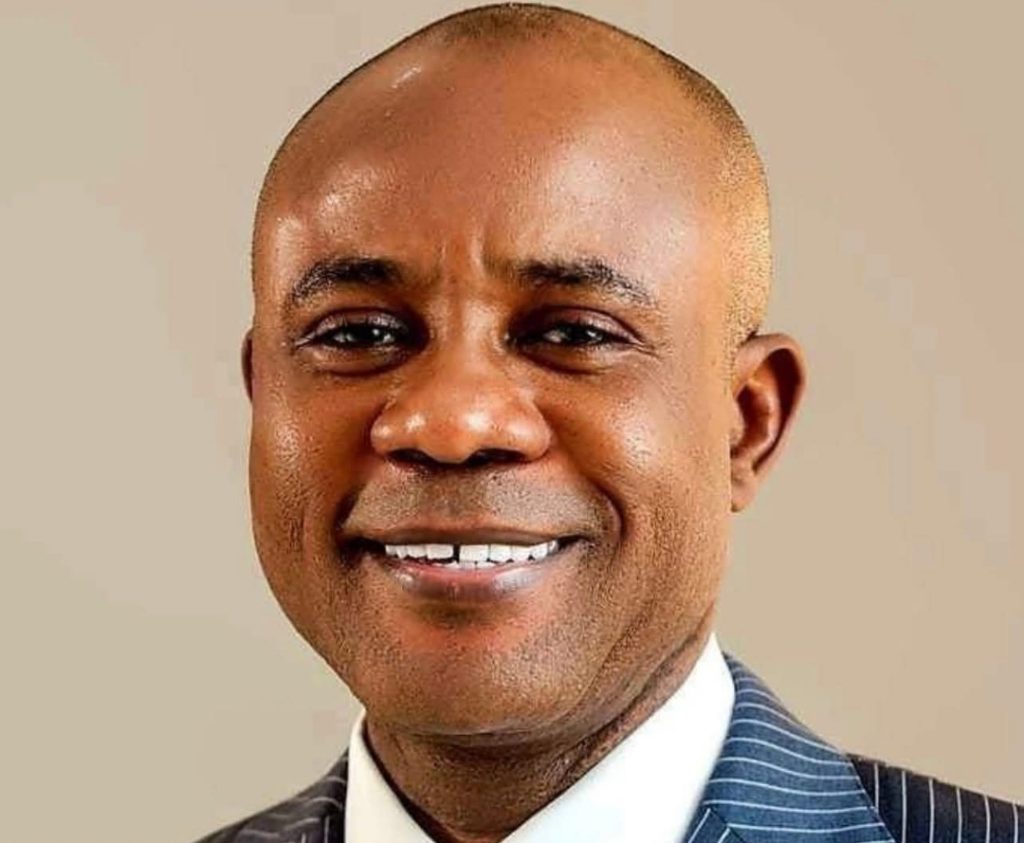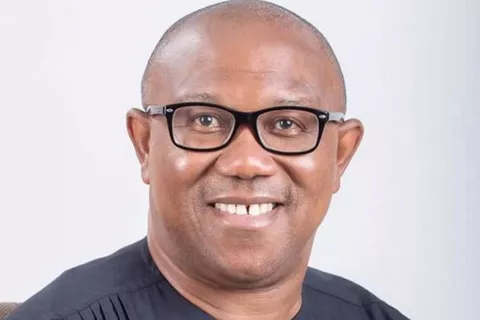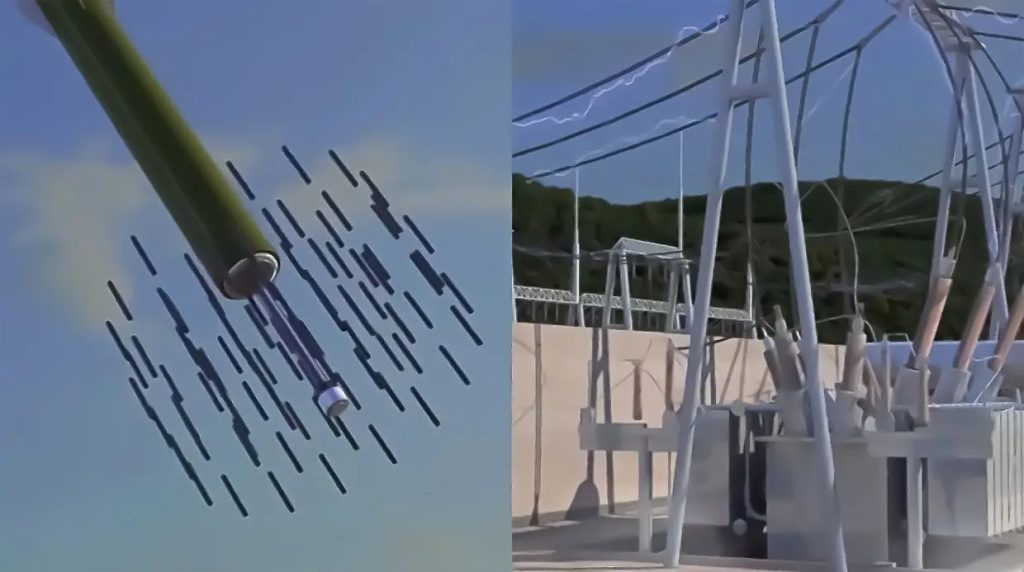Economy
Nigeria’s economic crisis: Who Is to blame for our suffering?
DDM News

Nigeria, Africa’s most populous nation and largest economy, is currently grappling with a worsening economic crisis.
According to Diaspora digital media (DDM) investigation, this crisis threatens the livelihood of millions of Nigerians.
Once considered the giant of Africa, Nigeria now faces severe economic challenges.
High inflation, widespread unemployment, declining public services, and insecurity have created unbearable hardship.
The weight of these difficulties pressures households, businesses, and government institutions.
Urgent intervention is needed to halt the downward spiral.
Nigeria’s economic struggles are not new.
The country, rich in oil and natural resources, has long suffered from economic mismanagement.
Decades of over-reliance on crude oil exports have made the economy vulnerable.
Global oil price fluctuations continue to expose this weakness.
Government efforts to diversify the economy have largely failed.
Poor implementation, inadequate infrastructure, and policy inconsistencies hinder progress.
The removal of fuel subsidies in 2023 worsened the suffering of Nigerians.
Inflation has surged, making basic necessities unaffordable.
Staple foods like rice, beans, and bread have doubled or tripled in price.
Fuel and electricity costs have further increased the hardship.
Businesses struggle with rising operational costs, leading to layoffs and closures.
The naira has lost significant value against the US dollar.
Forex shortages and declining investor confidence have worsened economic instability.
Unemployment remains a major crisis in Nigeria.
Millions of young people struggle to find meaningful employment.
Formal job opportunities continue to shrink across industries.
Despite entrepreneurship promotion, small businesses lack capital and financial support.
The gig economy provides jobs but offers little security and benefits.
Many graduates face bleak job prospects and leave the country.
The ‘Japa’ syndrome drains Nigeria’s skilled workforce.
Healthcare, education, and technology sectors suffer from brain drain.
Insecurity is another major factor crippling the economy.
Boko Haram insurgency, banditry, and kidnappings disrupt economic activities.
Farmers abandon agriculture due to safety concerns.
Food shortages worsen as agricultural production declines.
Businesses operate under fear of robberies and extortion.
Foreign investors hesitate to engage in Nigeria’s unstable environment.
Poor policy decisions continue to worsen economic conditions.
The abrupt removal of fuel subsidies lacked adequate cushioning measures.
Transportation and energy costs surged immediately after subsidy removal.
Central Bank policies, including interest rate hikes, failed to curb inflation.
Foreign exchange regulations remain unstable, fueling market uncertainty.
Excessive government borrowing has led to an unsustainable debt burden.
A large portion of the national budget goes to debt servicing.
Little remains for capital projects and social welfare programs.
Corruption and mismanagement drain public resources.
Accountability remains weak despite promises of fiscal discipline.
Nigeria needs bold and decisive economic reforms.
Diversifying the economy can reduce reliance on oil exports.
Agriculture, manufacturing, and technology should receive government investment and incentives.
Creating an enabling environment for businesses can drive employment.
Access to affordable credit and business-friendly policies should be prioritized.
Security reforms are essential for economic recovery.
Strengthening security agencies and addressing conflict root causes can stabilize Nigeria.
Monetary and fiscal policies must align for economic stability.
Transparent, predictable policies will boost investor confidence.
Social welfare programs should support vulnerable Nigerians.
Food assistance, unemployment benefits, and affordable housing initiatives can ease hardship.
Infrastructure development is crucial for business growth.
Investing in roads, power, and digital infrastructure will enhance productivity.
Nigeria is at a defining moment.
The hardship citizens face is a result of governance failures and external pressures.
Resilience alone cannot drive economic recovery.
Leaders must rise to the occasion and implement effective policies.
The time for empty promises and political rhetoric is over.
Swift and meaningful action is required to address this crisis.
With the right policies and strong institutions, Nigeria can build a prosperous future.
For Diaspora Digital Media Updates click on Whatsapp, or Telegram. For eyewitness accounts/ reports/ articles, write to: citizenreports@diasporadigitalmedia.com. Follow us on X (Fomerly Twitter) or Facebook











